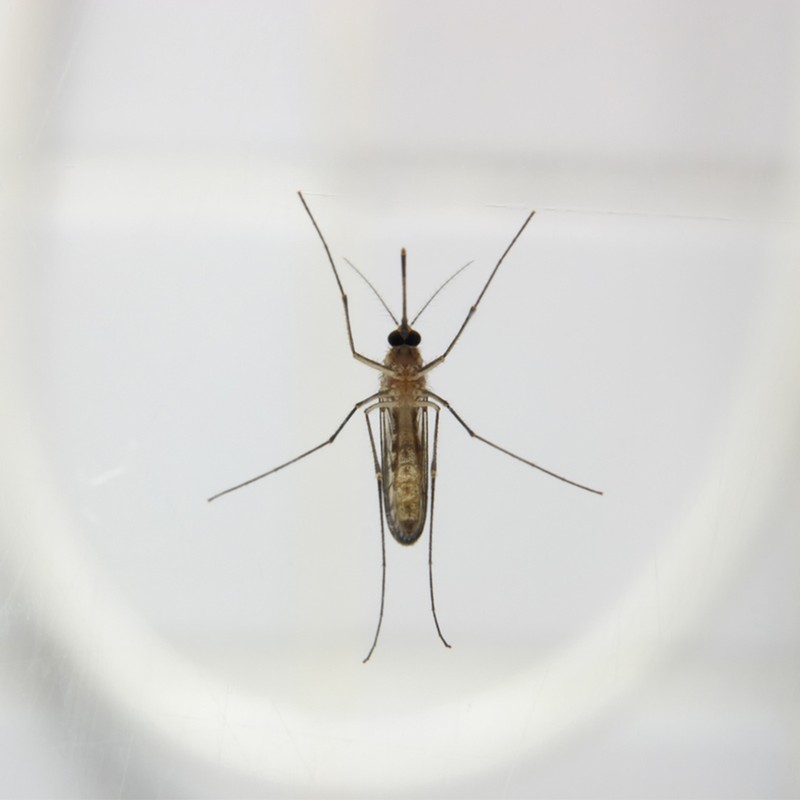
Insect Repellents: Everything You Need To Know
Why should we be using a repellent?
“Whether you are travelling within the UK or going abroad, enjoying the British summer in your garden or exploring the Scottish Highlands, an effective insect repellent is advisable for protection against midges, mosquitoes and ticks. Their bites can be uncomfortable, or even painful, and can become infected, if not treated correctly. They are all most prevalent during the summer months when we are most likely to be enjoying our gardens and the countryside, so choosing an effective repellent will help you enjoy the outdoors, free from the irritation of insects.” – Jacqueline Watson, MD, Citrefine
“Mosquitoes bite us to feed on our blood. In some countries, this is when they are also able to infect us with tropical diseases such as malaria, dengue fever and yellow fever. Any mosquito bite will leave an itchy red bump on the skin, but some people can have an allergic reaction to the bite and scratching it can also lead to infections. If you’re staying in the UK this summer, remember that insect repellents can protect against other biting insects such as midges, ticks and sand flies.” – Reshma Malde, superintendent pharmacist, John Bell & Croyden
Why do some people seem more attractive to mosquitos than others?
“Mosquitos respond to changes in carbon dioxide levels in the environment. If mosquitoes detect a high level of carbon dioxide, they become aware there may be a possible host nearby. But they are also attracted to strong scents such as fragrance, and odours that exists on the skin and sweat, and there is research being done now to understand this link better. Other research has suggested mosquitoes are attracted to the colour black, but it’s not yet known why.” – Reshma
Introduce us to the common types of mosquito repellents...
“Repellents come in many different forms. Different mosquitoes feed at different times of day so you may choose to apply a spray, roll-on or lotion direct to the body when outdoors. An electric pyrethroid vaporiser or coil can be used at night, or room sprays containing permethrin can kill mosquitoes. Other coils that use insecticides to keep away and kill mosquitoes cannot be used indoors.” – Reshma
“The type of repellent you use will vary depending on your personal preference. Sprays remain the most popular method because they are easy and quick to use. Roll-on formulas are a fantastic option for those travelling as they are non-combustible, while lotions offer long-lasting protection as they are less likely to evaporate.” – Jacqueline
What are the active ingredients to look out for?
“There are lots of different brands of repellents with different ingredients and concentrations of their active ingredient. The higher the concentration of an active ingredient, the longer the period of protection before you need to reapply. Common active ingredients in the UK to look out for are:
DEET (diethyltoluamide)
This is the most effective insect repellent. It can be used on babies over two months old, as well as pregnant women. A product containing 20% DEET will offer up to four hours of protection, 30% up to six hours and 50% up to 12 hours. You would use 50% DEET in areas where there is malaria; 100% DEET should never be used on skin but can be sprayed onto clothing for extra protection
Icardin (picaridin)
A 20% concentration or higher is needed for this to be effective.
Lemon Eucalyptus (PMD)
This offers a similar level of protection to 15% DEET but needs to be reapplied more frequently. Depending on the concentration of the active ingredient used, manufacturers can market the product for use on younger ages, so it’s important that customers check the age limit on the product." – Reshma
Are natural alternatives worth considering?
“There have been clinical studies that have shown that some essential oils – citronella being one of them – do have significant repellent activity. Citronella is as effective at protecting you as DEET but evaporates quickly so also needs to be reapplied more frequently. High concentrations of it can cause skin irritation.” – Reshma
“Choosing a formula that relies on a pleasant-smelling essential oil can help avoid some of the issues above. With a growing awareness of the impact that our cosmetic and skincare choices have on the environment, more people than ever are opting for sustainably derived, plant-based products. Our Mosi-guard Natural Spray Extra, for example, provides the same kind of protection as a synthetic repellent, but is kinder to your skin and, because its active ingredient is rapidly biodegradable, it’s better for the environment too.” – Jacqueline
What else can you do to increase your protection?
“You can avoid midges with physical barriers like anti-midge hats, midge body suits and midge netting to cover tent entrances. Ticks can also be kept at bay: wear long trousers tucked into your socks; avoid shaded woodlands; and stick to cleared trails. If you suspect you have been in a tick habitat, put your clothes in a dryer on high heat for ten minutes to kill any that may have attached to your clothing.” – Jacqueline
Are there downsides to using a mosquito repellent?
“Repellents can give an oily feel to skin. They can irritate the eyes, lips and other sensitive areas, and can cause allergic reactions. They also tend to have a strong smell, are not as effective in lower concentrations and can damage fabrics or plastic.” – Reshma
“Repellents with high DEET may cause slight skin irritation. For some people, the sprays might be a bit harsh on the skin and they may be best using a lotion as it will be slightly less aggressive. The smell of the repellent is also quite strong and many struggle with this when using a high DEET product. Be sure to stand outside or in a large airy room when spraying the repellent on so as not to inhale.” – Abbas Kanani, superintendent pharmacist, Chemist Click
Are there products out there that some people may need to avoid?
“Most insect repellents are fine to use – always check the back of the product beforehand though. Pregnant women can usually use insect repellent – in fact, it’s actually advised because it can help or reduce exposure to mosquito bites, which can cause potentially serious illnesses that could affect pregnancy. If someone has asthma or breathing problems, they may want to opt for a lower DEET product or a lotion as the fumes from a spray may be too much for them.” – Abbas
Is there anything else worth trying? Vitamin B tablets?
“There is very little evidence from the small number of studies conducted that vitamin B, garlic or other dietary interventions have any significant repellent effect.” – Reshma
Any final words of wisdom?
“For any insect repellent, it is important to use it safely. Always read the label and product information before use.” – Jacqueline
“Follow a holistic approach with the advice given above – as repellents alone may not be enough.” – Reshma
Reshma’s Tips For Applying Mosquito Repellent Properly...
1. Apply sun protection before any repellent.
2. Apply an even coat onto skin that’s not covered by your clothes. (You don’t need to apply repellent under clothing as this can increase the amount of repellent that is absorbed into your skin.)
3. Never use repellents over cuts, wounds or irritated skin.
4. Never spray them directly onto your face; spray them onto your hands, then pat into your face.
5. Avoid repellent sprays – especially for children – as it is easy to miss areas. Instead, spray into hand and then apply to all exposed areas on children and same method can be used for adults.
6. Reapply repellent frequently if you notice mosquitos around you or feel them starting to bite you.
7. Also reapply after swimming, washing or excessive sweating.
8. Repellents should not be used internally, inhaled, or come into contact with eyes or mouth.
Beware DEET can damage watch straps, glasses and plastic jewellery.
Reshma’s Tips For What Else You Can Do To Protect Yourself
1. Wear long-sleeve tops/shirts with high necklines
2. Wear full-length trousers, a long skirt or long dress.
3. Wear socks and shoes (especially if out after sunset).
4. Treat clothes with insecticides such as permethrin (or use DEET on cotton clothing) to reduce biting through clothes. Remember this is a short-term solution as DEET will evaporate off clothes.
5. Use insecticide-impregnated mosquito nets over beds. Check for any holes and tuck under the mattress at night.
6. Try electric coils and vaporisers.
Ready to take action? Shop our selection of the best anti-insect repellents and devices…
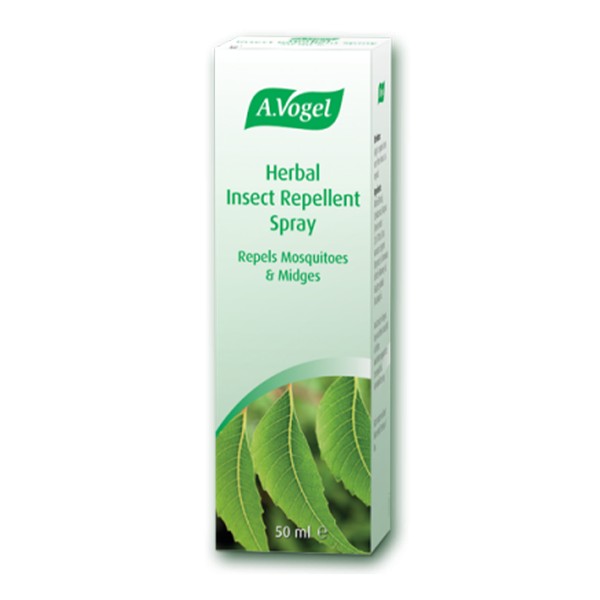
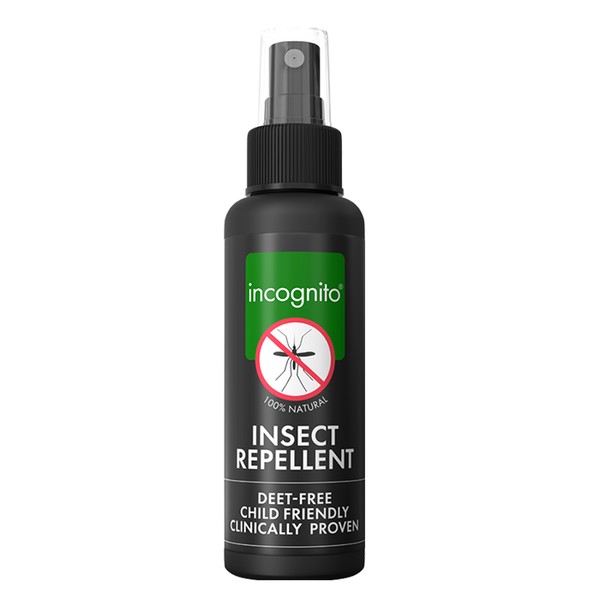
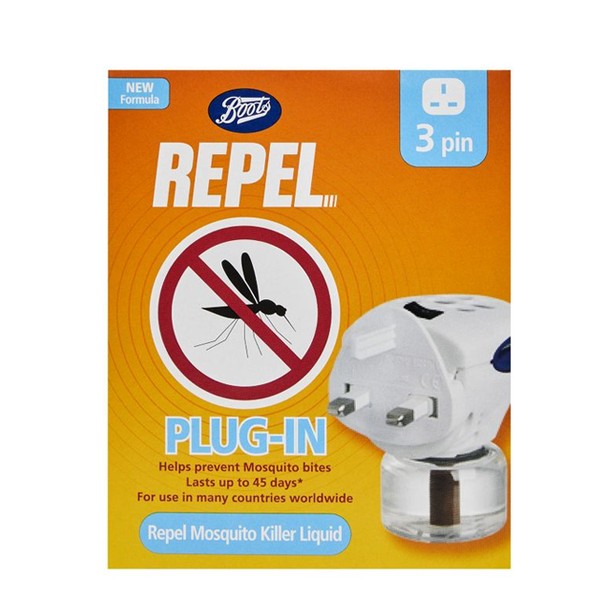
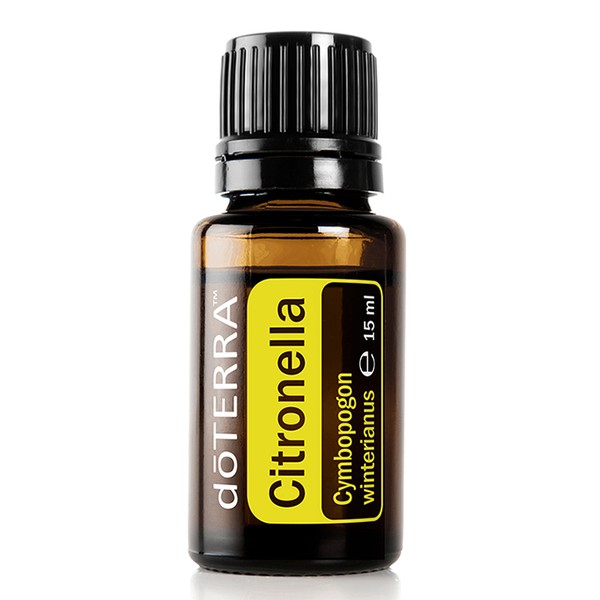
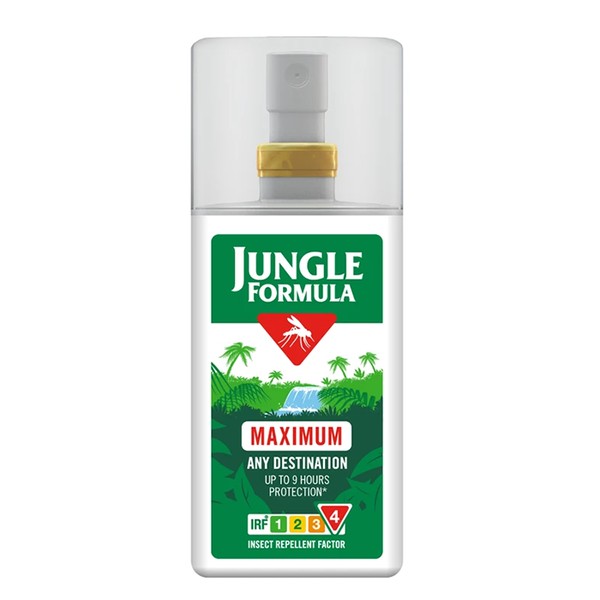
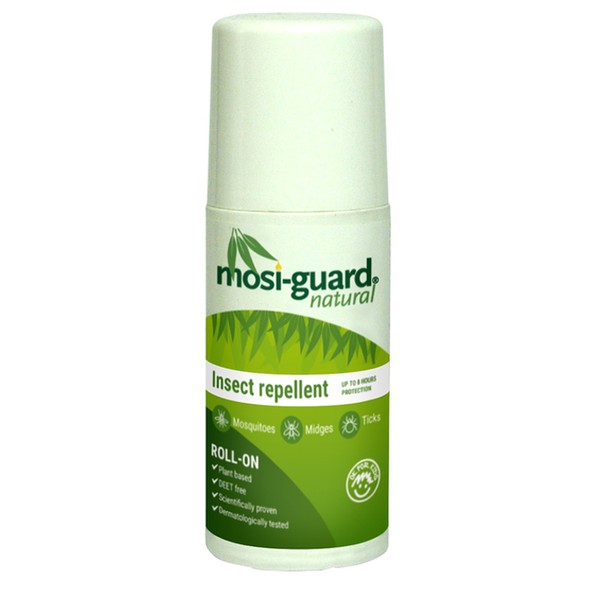
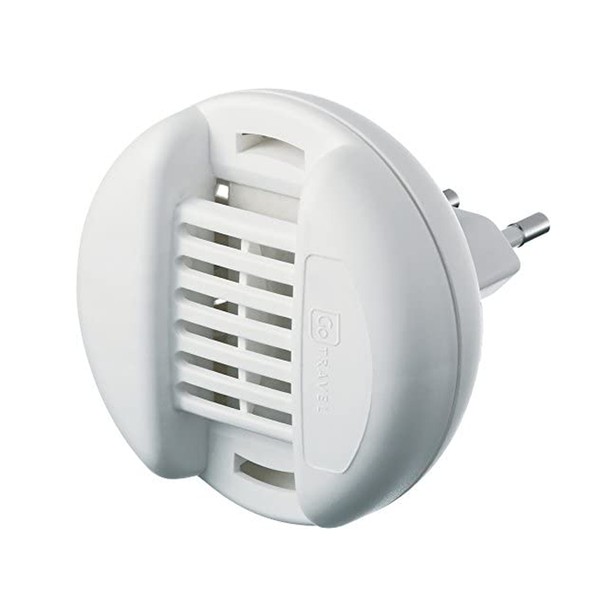
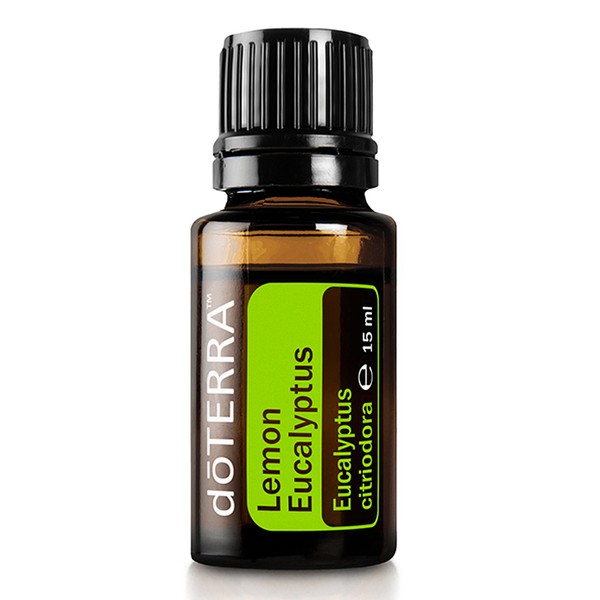
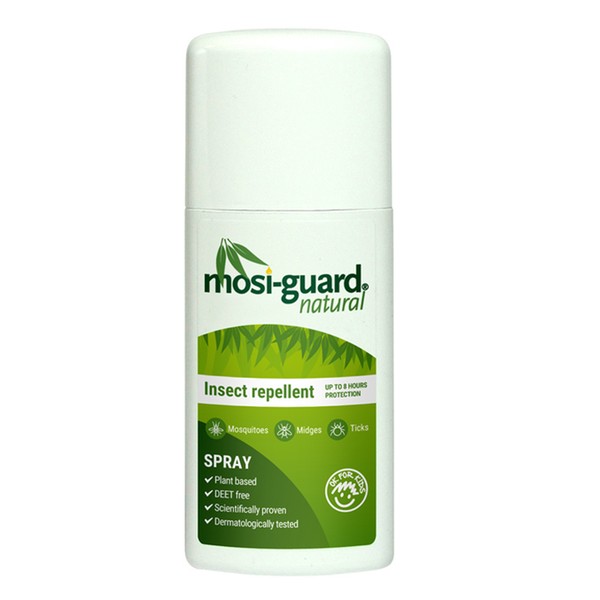
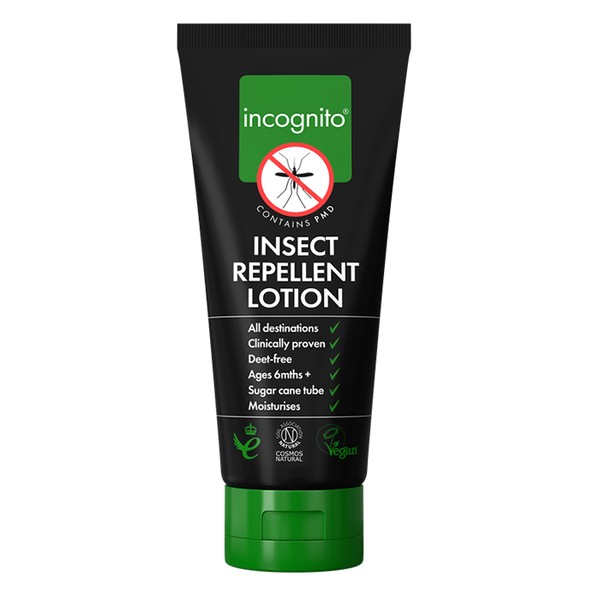
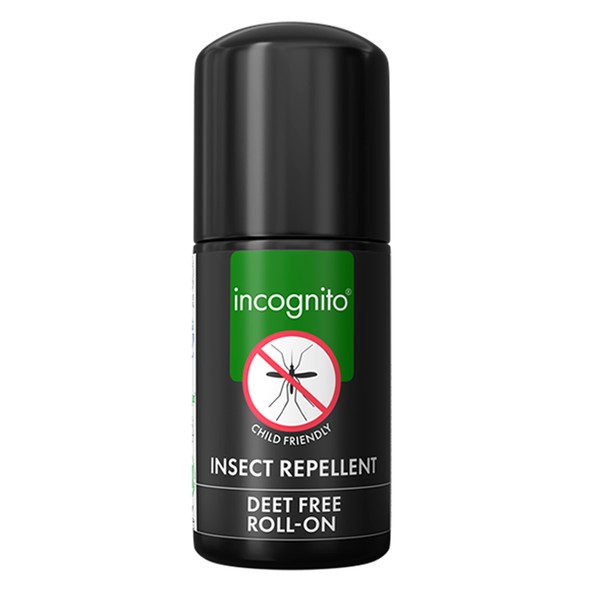
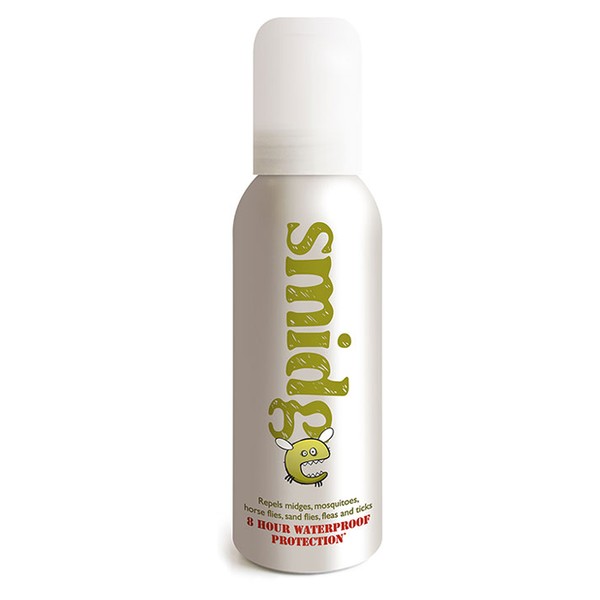
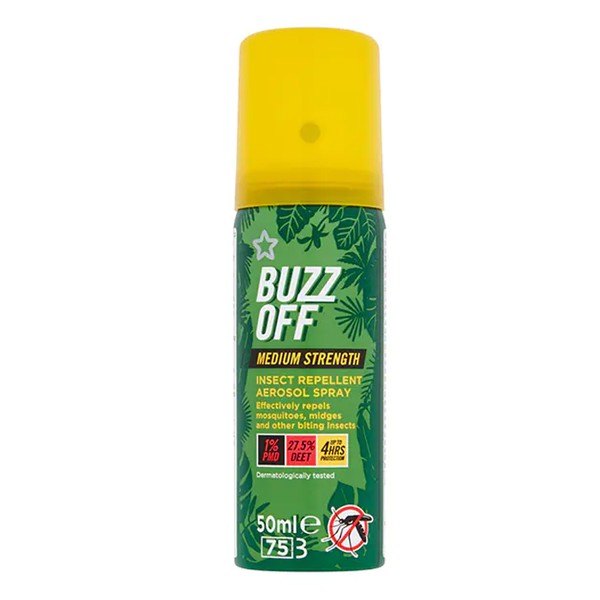
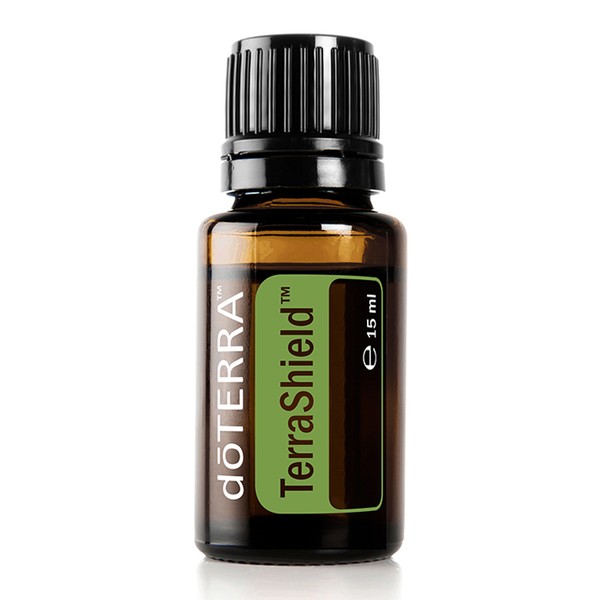
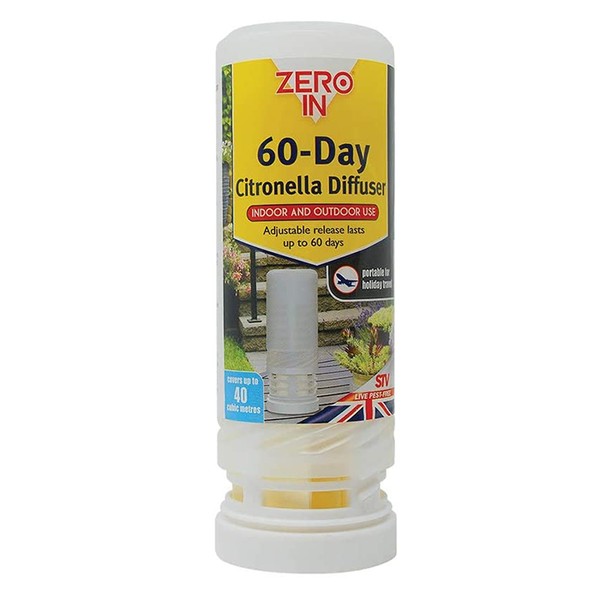
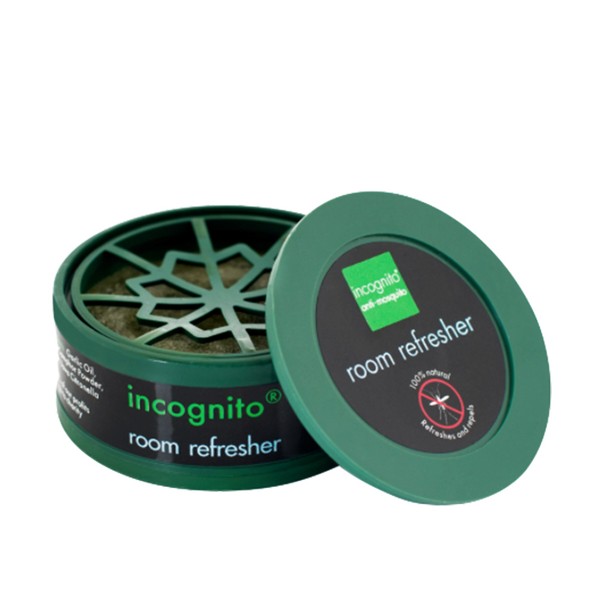
For further information, visit John Bell & Croyden, Chemist Click and Citrefine.
*DISCLAIMER: Features published by SheerLuxe are not intended to treat, diagnose, cure or prevent any disease. Always seek the advice of your GP or another qualified healthcare provider for any questions you have regarding a medical condition, and before undertaking any diet, exercise or other health-related programme.
DISCLAIMER: We endeavour to always credit the correct original source of every image we use. If you think a credit may be incorrect, please contact us at info@sheerluxe.com.

